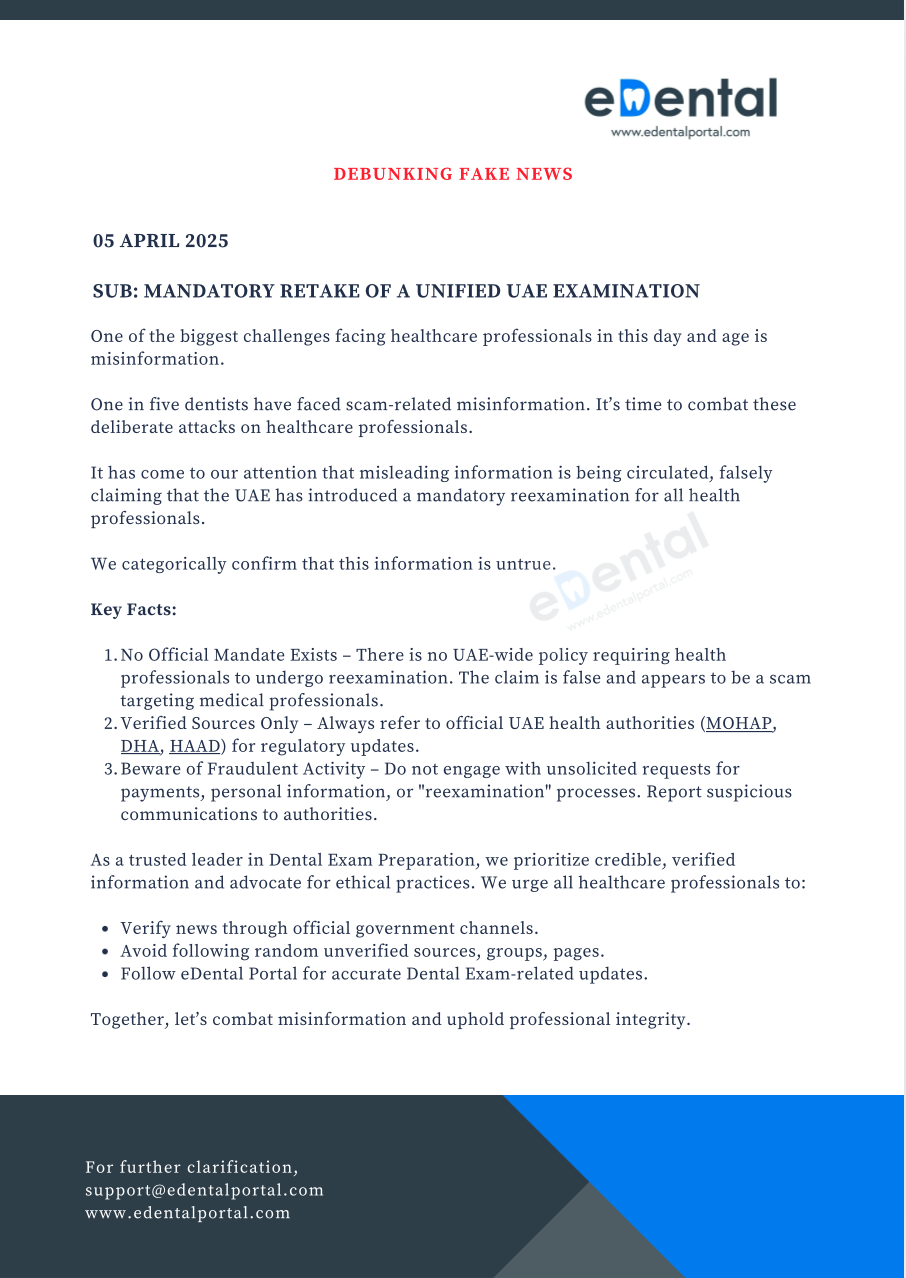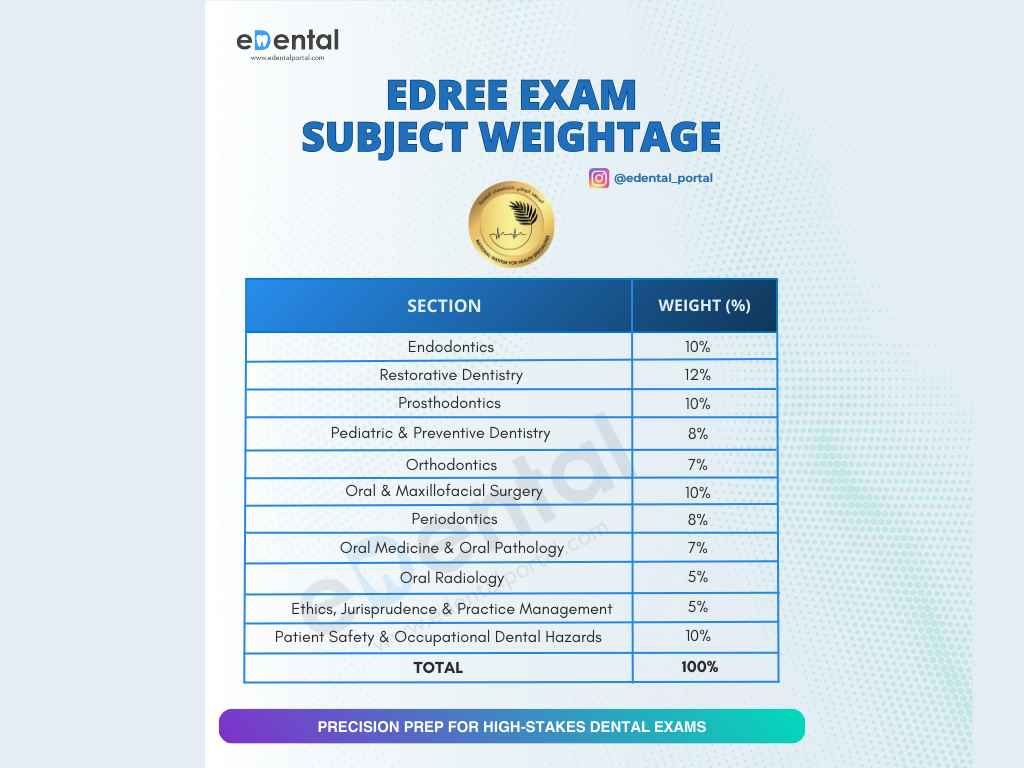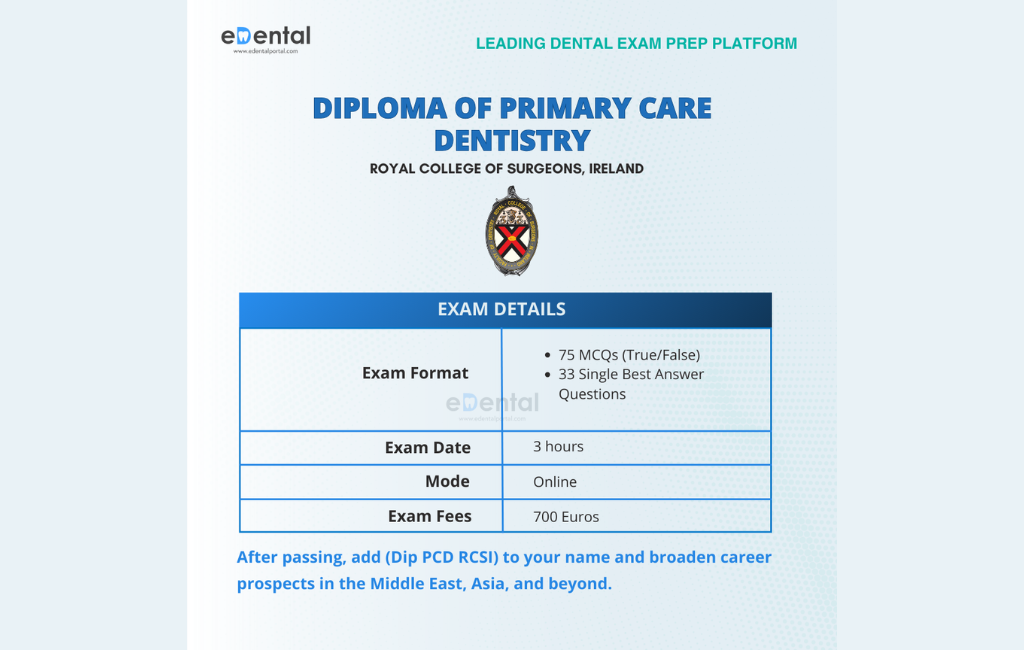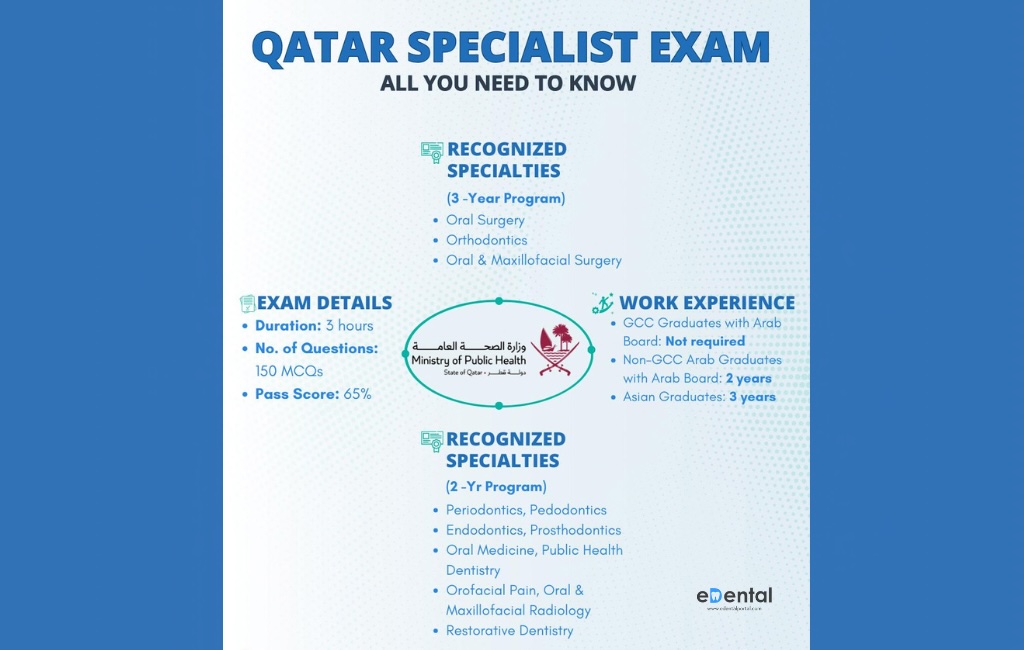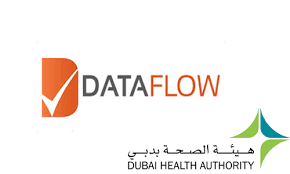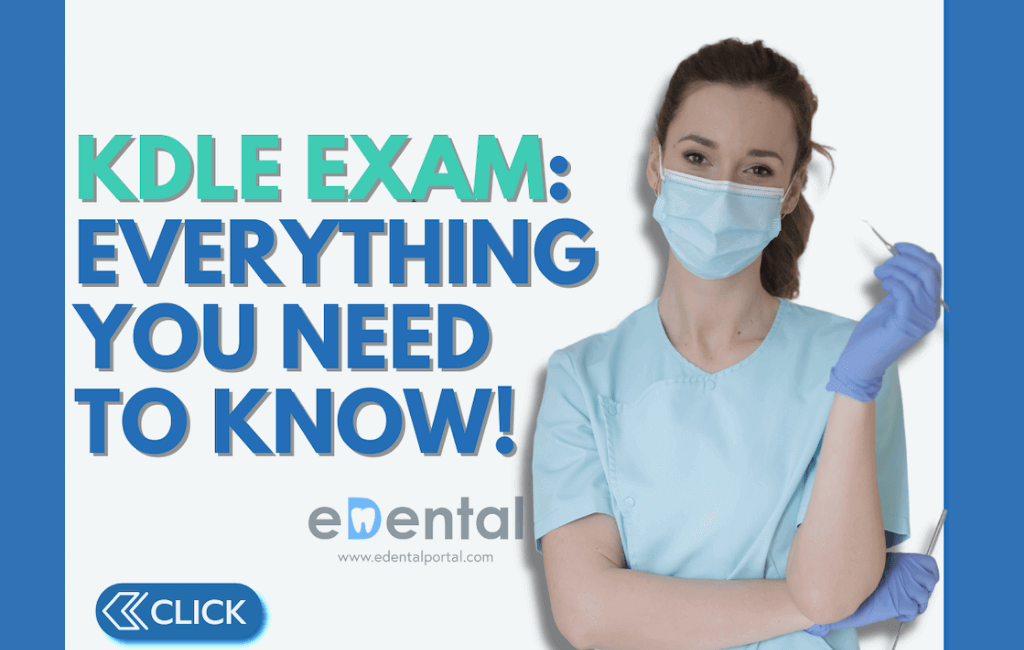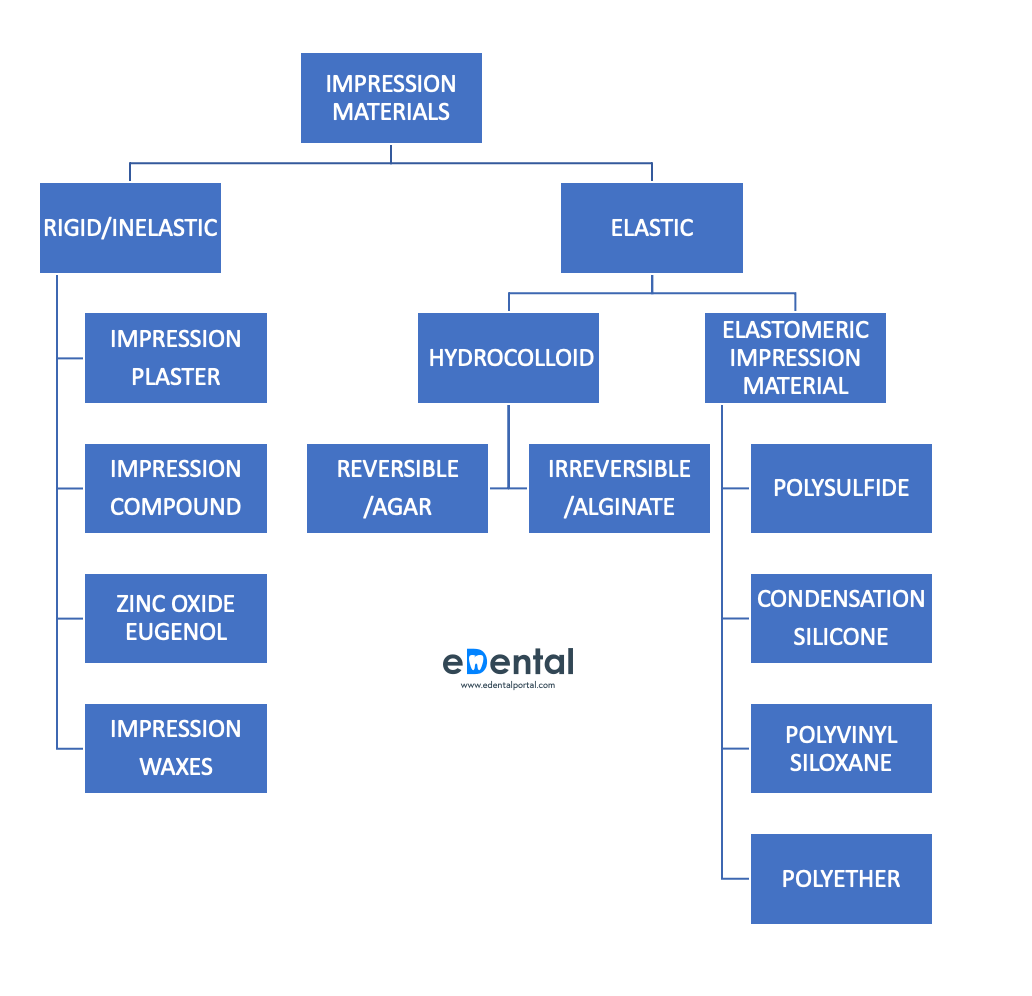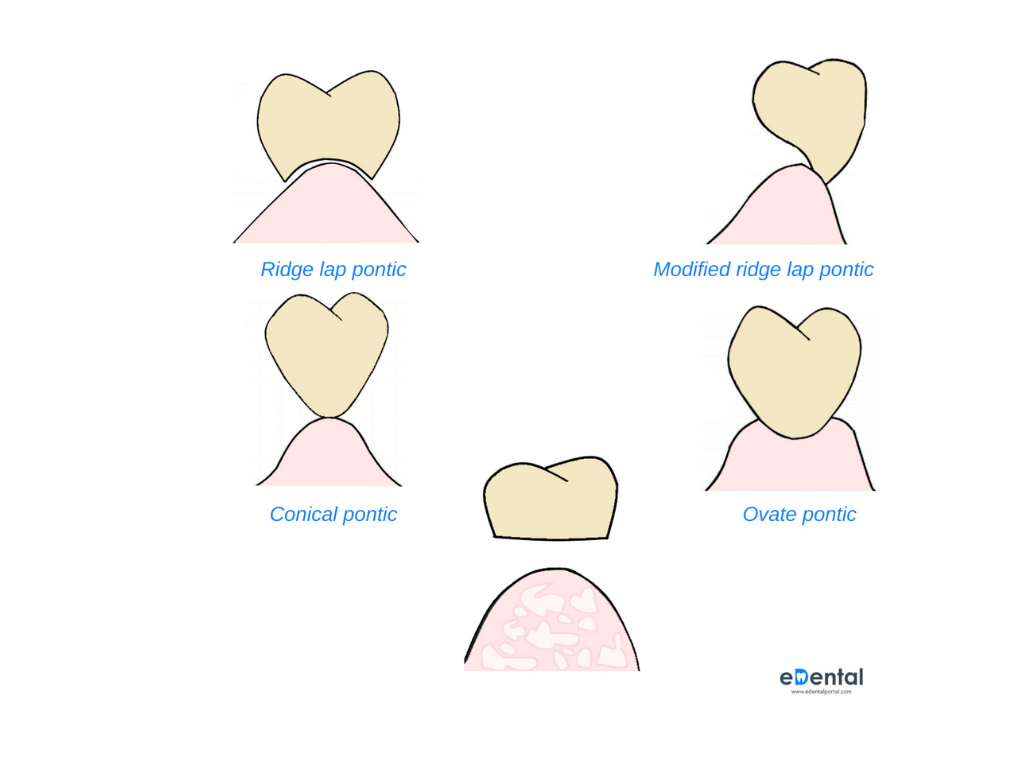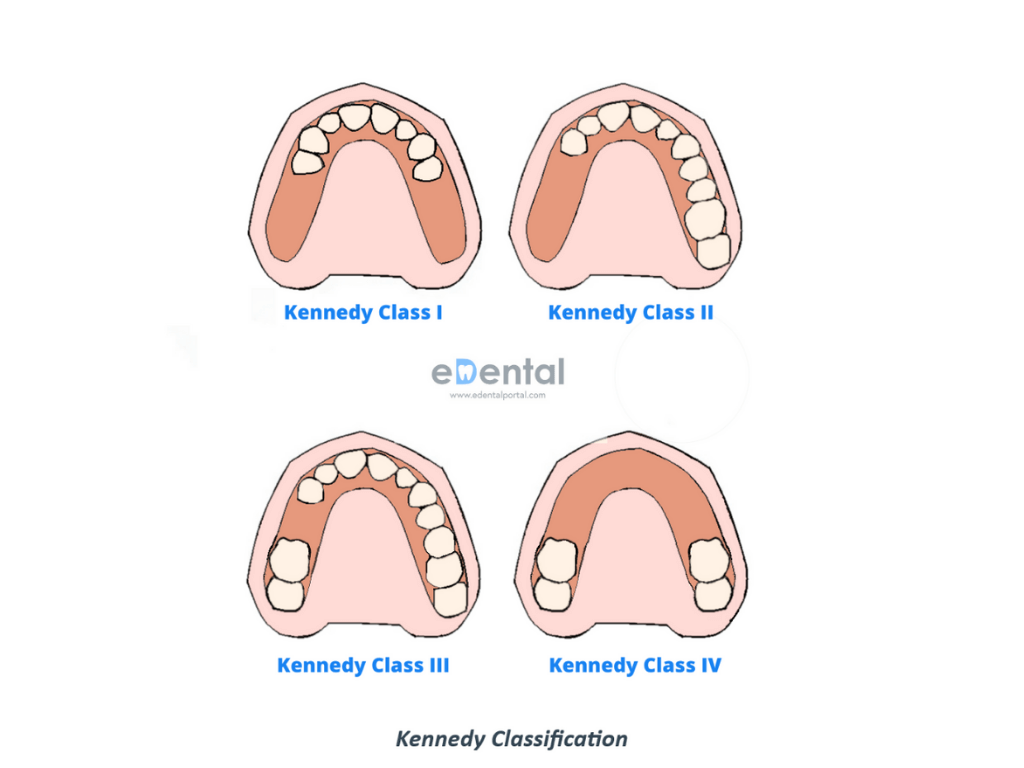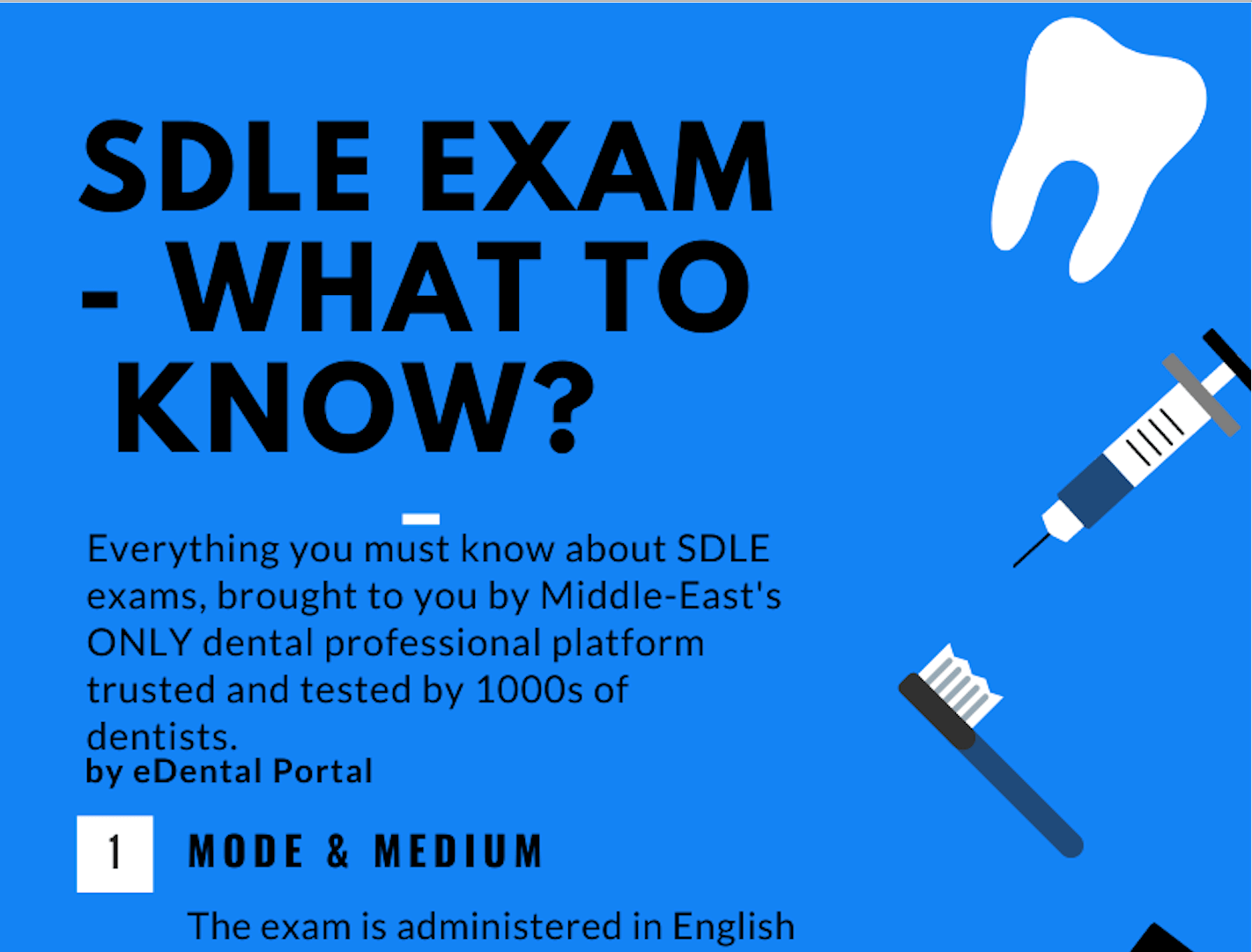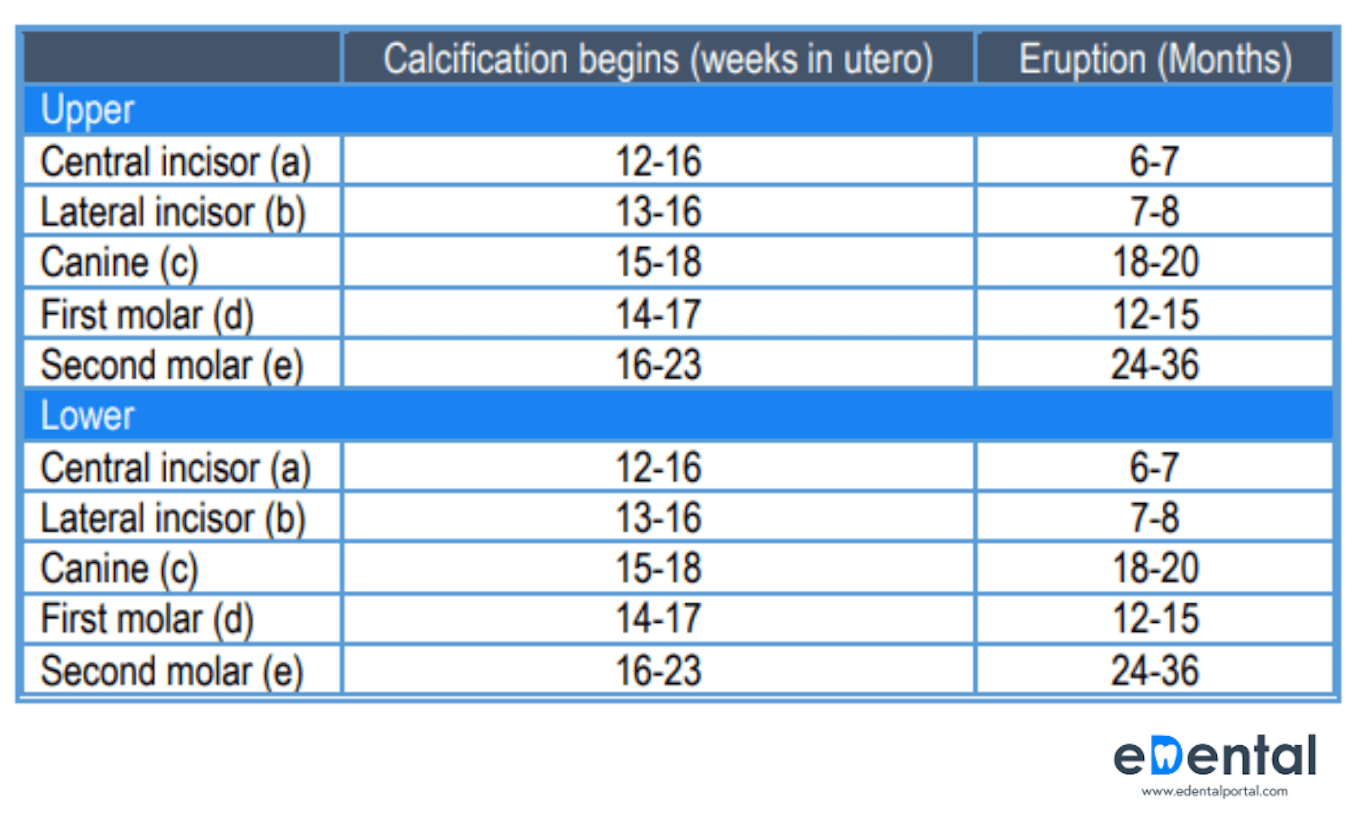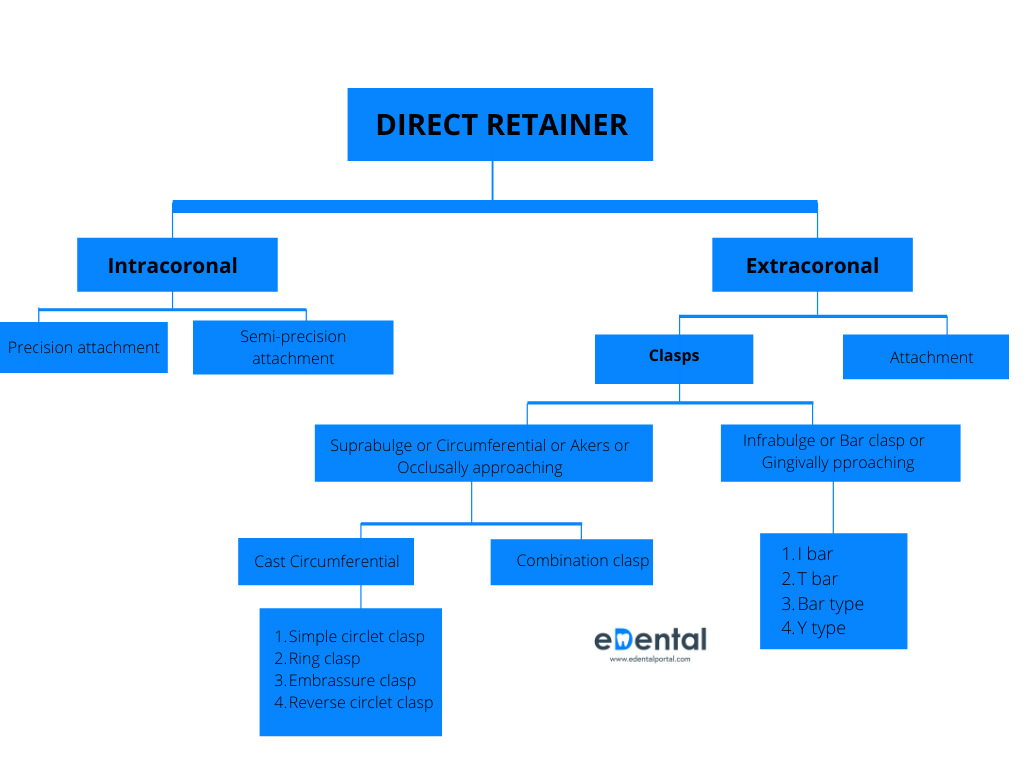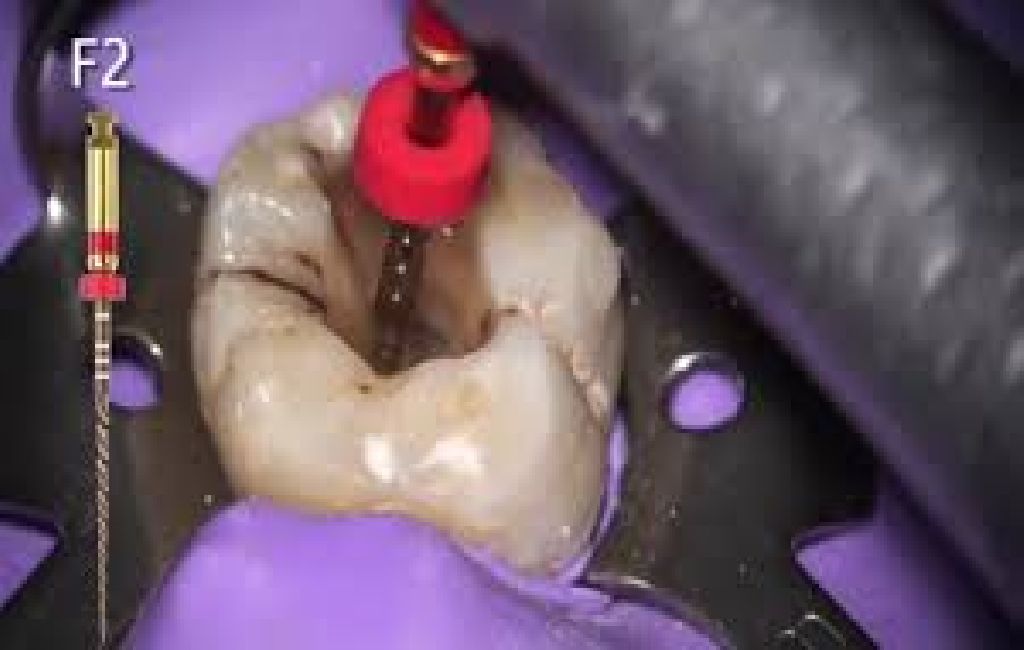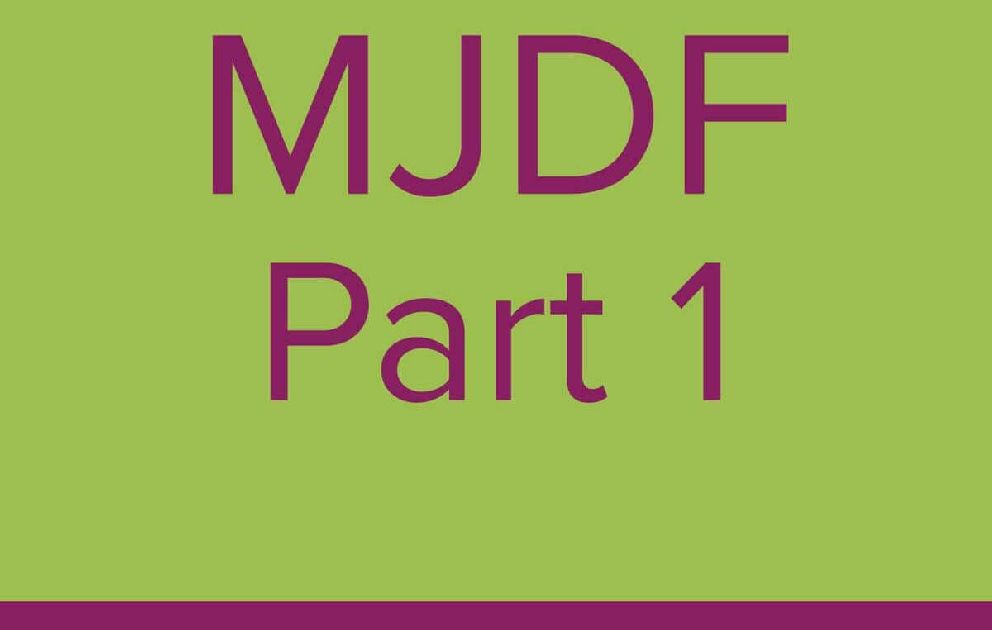
Membership of the Faculty of Dental Surgery: MFDS exam
On 18-09-2019 | Read time about 3 Minutes
The Membership of the Faculty of Dental Surgery (MFDS) is an assessment developed jointly by the Faculty of Dental Surgery (FDS) and the Royal College of Surgeons of England.
This exam can be taken by dentists at any stage of their career: newly qualified, those hoping to undertake specialist training or those working in general practice. The benefit of passing the MFDS exam is that you can add "MFDS (RCS England)" as post nominals to your name. This is likely to attract you better job opportunities as well as patients; particularly in the Middle-East and Asia.
This post is the second of a two-part posts, specific to the the MFDS exam. Please read it along side with Membership of the Faculty of Dental Surgery (MFDS) : Exam Guideline and Recommeded Books which details the format, fees as well as recommended books for exam preparation.
Who is eligible for MFDS exam?
Dental graduates can sit the MFDS exam if they hold a recognized dental degree certificate, and are registered to practice dentistry in their country of residence. The exam consists of two parts. This post covers part 1 of the examPart 1 includes:
150 questions single best answer questions
3 hours
Not negatively marked
Pass mark is different every year
Key Clinical topics
Orthodontics:
IOTN-DHC Score
Ceph analysis – values
Angles’s classification
Appliances and interceptive orthodontics
Treatment planning
Radiographs esp to locate canines (B/P)
IOTN of submerged l/le, impacted canine or premolars
Periodontology:
Classification and clinical presentation
BPE (lots of questions)
Miller’s grades of mobility
Periodontal Probes (markings and what they indicate, types of probes)
Radiography (what radiographs to take for example BPE scores)
Periodontal treatment options (including antimicrobial prescribing)
Restorative dentistry:
Reversible and irreversible pulpitis and signs and symptoms
Eruption dates and sequences
Different crowns and bridges
Fluorides (See Delivery Better Oral Health document)
Dental materials and percentages and various types of alloys (amalgam phases and content, composites – types, fillers, indications, impression materials)
Non carious tooth loss and treatment
Dental trauma and splinting (See Dental Trauma Guide)
Missing lateral incisors
Posts and systems
Medical emergencies:
Asthma
Angina
Hypoglycemia
Signs and symptoms
Drug box
Oxygen cylinder (sizes) – See BOC website
Anaphylaxis
Drug regime
Chest compression and difference in various scenarios
Radiology:
- FGDP booklet
- Eric Whaites book
Indications of radiographs
When to take horizontal and vertical bitewings
RPA+RPS
Nurses and radiology
Radiographic badges
NRPB and current body and role
Dosage
OPG/CBCT and other Xray exposure
UK normal background radiation
In case of accidental exposure
How long to keep records
How to report
Prosthodontics:
Designing
Impression materials
Complete denture complains
Implants
Cast partial dentures
Oral surgery & medicine:
Cysts-radicular cysts
Histology of cysts
Dry socket
Pericoronitis
Pre-malignancy – predisposing factors
Orofacial pain and types and treatment
Herpes
Sjogrens syndrome
Candidiasis
Lichen planus
Signs and symptoms,diagnosis and management
Topic Credits: Dr Reena Wadia and Dr Kaushik Paul
Where is the MFDS exam held?
The MFDS Part 1 exam will be provided virtually, online and can be attended from your home.
What is the difference between MJDF and MFDS exams?
The MFDS exam replaces the Membership of the Joint Dental Faculties (MJDF) examination.
Latest Posts
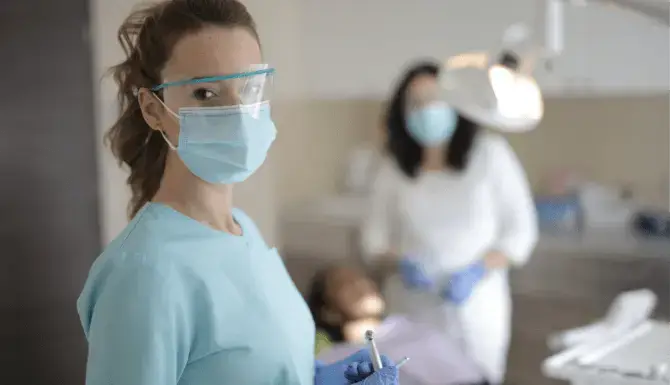
FREE PROMETRIC PRACTICE TESTS
Try out the most relevant Prometric mock test questions for Dental exams here.
ENROLL NOW
